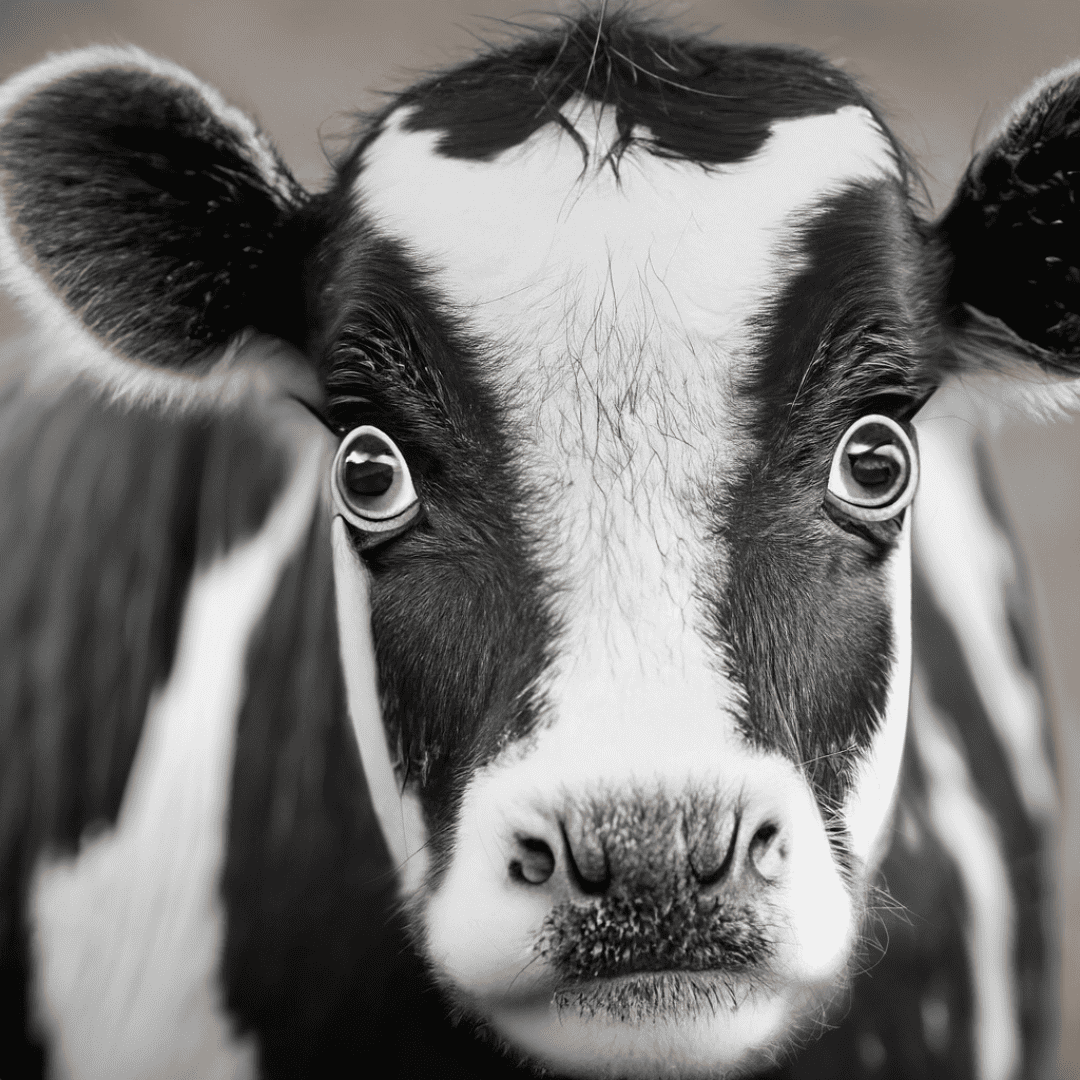Summary of PETA‘s post “Why Cow’s Milk Is the Perfect Drink for Supremacists“.
Introduction
In a provocative blog post, PETA delves into the symbolic and ethical dimensions of cow’s milk consumption. The post argues that not only has milk been co-opted as a symbol of white supremacy, but the dairy industry itself is fraught with ethical issues that should give us pause.
Symbolism and Misuse of Science
- Milk as a Symbol: White nationalists have adopted milk emojis and photos of themselves chugging milk as a way to celebrate their “whiteness.”
- Twisted Science: These groups misinterpret a genetic mutation among Europeans that allows for lactose digestion as a sign of being the “master race.”
Ethical Concerns in the Dairy Industry
- Forced Impregnation: The dairy industry regularly uses what they term “rape racks” to forcibly impregnate cows to continue milk production.
- Cycle of Abuse: Calves are immediately separated from their mothers after birth, leading to a perpetual cycle of abuse for both.
Health Implications
- Not a Necessity: Contrary to popular belief, cow’s milk is not a health necessity for humans and has been linked to various diseases.
- Better Alternatives: Plant-based milk options like almond, soy, and oat milk offer healthier and more ethical choices.
Alternatives and Action
PETA urges consumers to make ethical choices by opting for plant-based milk. This not only opposes the supremacist ideologies but also addresses the ethical issues rampant in the dairy industry.
Conclusion
The PETA blog post serves as a wake-up call, urging us to reconsider the cultural, ethical, and health implications of our milk consumption habits. It advocates for a shift towards more humane and ethical alternatives like plant-based milk.
Questions to Ponder
- Is Symbolism Enough?: Is the symbolic link between milk and supremacy strong enough to warrant a change in consumption habits?
- Ethical Dilemma: How can we reconcile the ethical issues in the dairy industry with our own consumption habits?
- Health vs. Ethics: Should the health risks associated with cow’s milk be considered secondary to the ethical issues, or should they be given equal weight?

